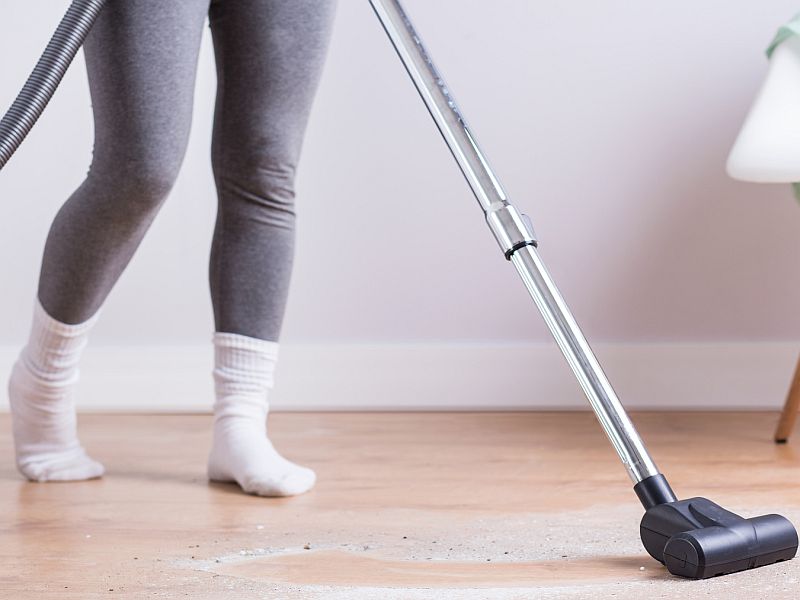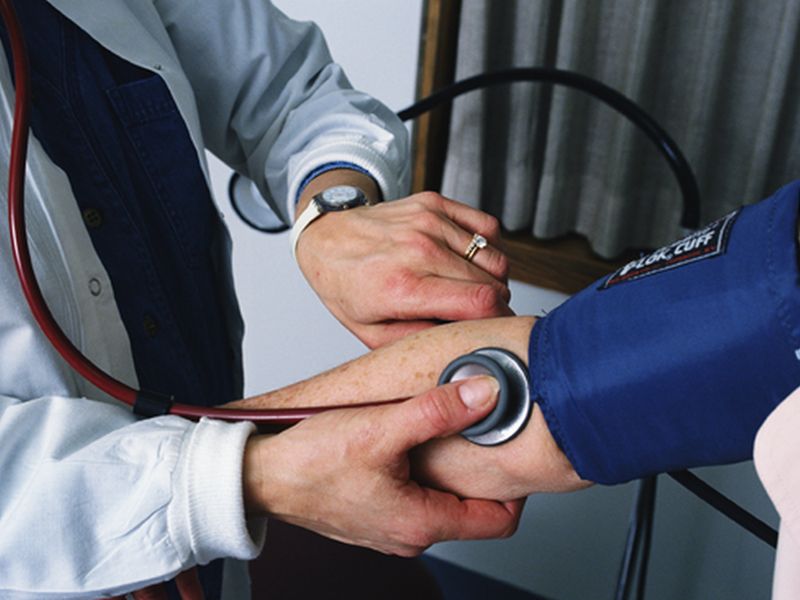
About 22% of people who live in conflict areas suffer from mental health problems, a new study review finds. Common problems include depression, anxiety, post-traumatic stress disorder, bipolar disorder or schizophrenia, according to the World Health Organization. About 9% have a moderate to severe mental health condition. These conclusions are based on a review of… read on >





























